Before you can analyze weather charts or brief your cross-country route, your checkride starts with a fundamental question: Are you qualified to be here today? This is where the Pilot Qualifications section of the Airman Certification Standards (ACS) comes in — and it’s critical that you know your requirements, documents, and legal privileges.
At Angel Aviation, we make sure every student understands the regulatory foundation behind their license. This guide includes not just what to know, but where in the Federal Aviation Regulations (FARs) to find it.
What the Examiner Is Looking For
Under Private Pilot ACS Area I: Pilot Qualifications, the examiner will evaluate your ability to:
- Provide evidence of meeting all certification requirements
- Demonstrate understanding of pilot privileges, limitations, and responsibilities
- Present appropriate documentation
- Explain how you stay current and legal to fly
You’ll be held to the standards in 14 CFR Part 61, so let’s break it down by section.
Eligibility Requirements
Ref: 14 CFR §61.103
To be eligible for a private pilot certificate, you must:
- Be at least 17 years old
- Be able to read, speak, write, and understand English
- Hold a student pilot certificate
- Hold at least a third-class medical certificate
- Pass the required knowledge test
- Pass the practical test
- Receive the appropriate training and endorsements
Flight Experience Requirements
Ref: 14 CFR §61.109(a)
Under Part 61 (most Angel Aviation students fall under this unless enrolled in Part 141), you must log:
- 40 hours total time as a pilot
- 20 hours of flight training with an instructor, including:
- 3 hours cross-country
- 3 hours night flying (with 10 takeoffs/landings and a night cross-country >100 NM)
- 3 hours instrument training
- 3 hours prep for the checkride within 2 calendar months
- 10 hours solo flight, including:
- 5 hours solo cross-country
- One solo cross-country >150 NM total distance with 3 full-stop landings
- 3 full-stop solo takeoffs and landings at a towered airport
Make sure these are logged accurately and signed in your pilot logbook.
Required Documents for Checkride Day
Be ready to present the following:
- Government-issued photo ID (per §61.3(a)
- Student Pilot Certificate (§61.83)
- FAA Medical Certificate (third-class or better; §61.23)
- Pilot Logbook with endorsements and experience (§61.51, §61.105, §61.107)
- Knowledge Test Report with passing score (§61.35(a)(1))
- IACRA application (FAA Form 8710-1 submitted through IACRA and signed by your instructor)
- Any previous notices of disapproval, if applicable (§61.49)
At Angel Aviation, we recommend preparing a folder with all these items organized and easy to hand off to the examiner.
Privileges and Limitations of a Private Pilot
Ref: 14 CFR §61.113
Privileges:
As a private pilot, you may:
- Act as pilot-in-command (PIC) of an aircraft
- Carry passengers
- Fly for recreation or personal business
- Share operating expenses (fuel, oil, rental, landing fees) with passengers (§61.113(c))
Limitations:
You may not:
- Act as PIC for compensation or hire unless under very specific exceptions (§61.113(a))
- Pay less than your pro-rata share of the flight (§61.113(c))
- Carry passengers or fly VFR unless you meet recent flight experience requirements (§61.57)
- Fly internationally or into certain airspace unless properly endorsed/trained
Be prepared to answer questions like:
- “Can you take friends on a trip and split the cost?”
- “How do you stay current to carry passengers at night?”
Required Endorsements
Ref: 14 CFR §61.87, §61.93, §61.103–§61.109
Ensure these endorsements are in your logbook and signed:
- Presolo aeronautical knowledge and flight training (§61.87(b), (c))
- Solo cross-country endorsement (§61.93(c))
- Knowledge test endorsement (§61.35(a)(1), §61.105)
- Practical test (checkride) endorsement (§61.39(a)(6) and (a)(7))
Angel Aviation instructors review your logbook at least two weeks before your checkride to ensure everything is current and compliant.
Staying Current After the Checkride
After certification, staying legal is your responsibility. Know the following rules:
- §61.56 – Flight review required every 24 calendar months
- §61.57(a) – Recent flight experience: 3 takeoffs and landings within 90 days to carry passengers (day)
- §61.57(b) – Night currency requires 3 full-stop takeoffs and landings during night hours
- Keep your medical valid under §61.23 and §61.53 (can’t fly with known disqualifying conditions)
Final Thoughts from Angel Aviation
Mastering the Pilot Qualifications section of the checkride isn’t just about checking boxes — it’s about proving you’re ready to take full responsibility for operating an aircraft safely and legally.
Take the time to know what you’re allowed to do, what you’re responsible for tracking, and how to find answers using the FAR/AIM.
Your examiner will notice when you’re prepared — and so will your future passengers.
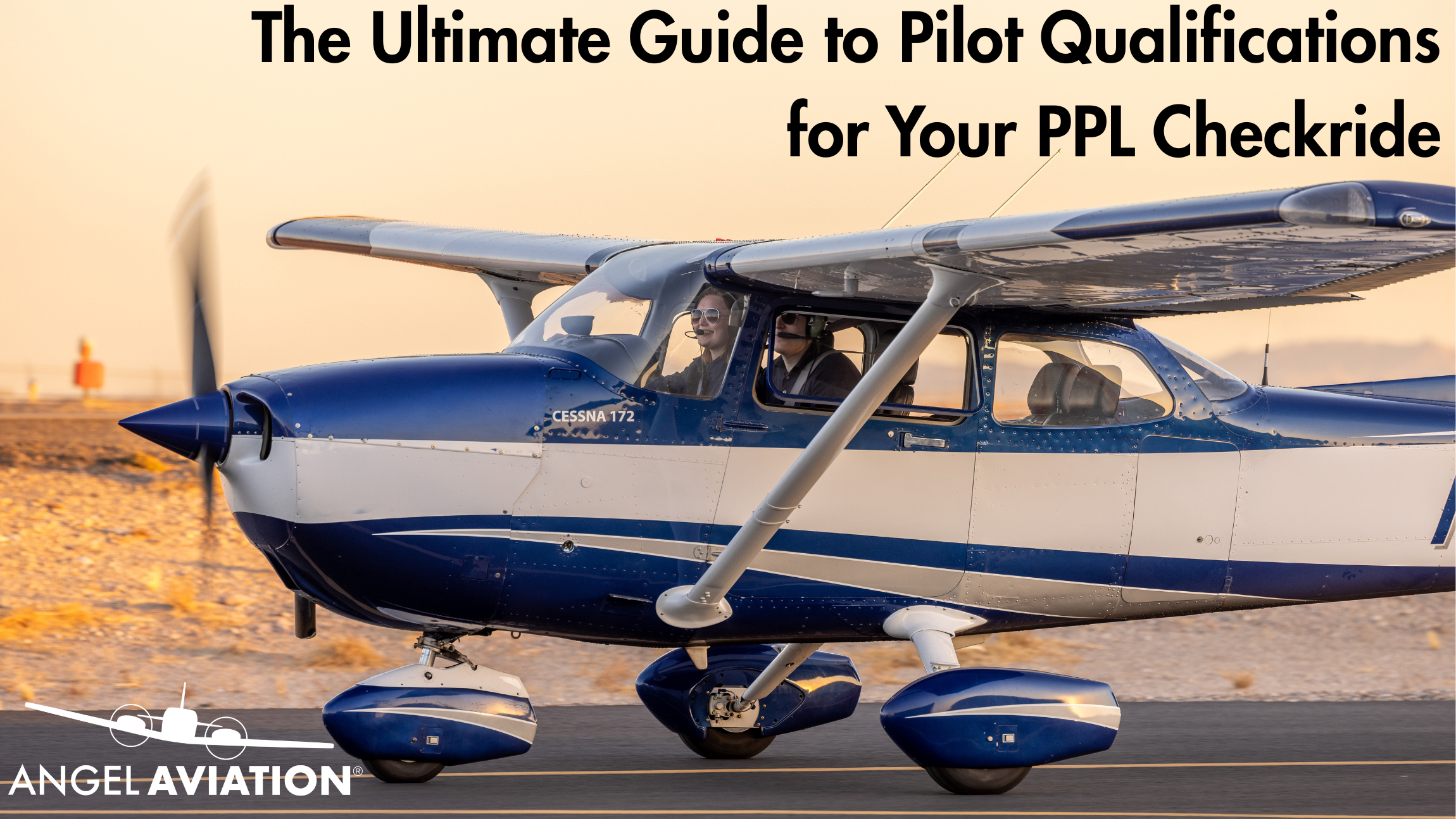
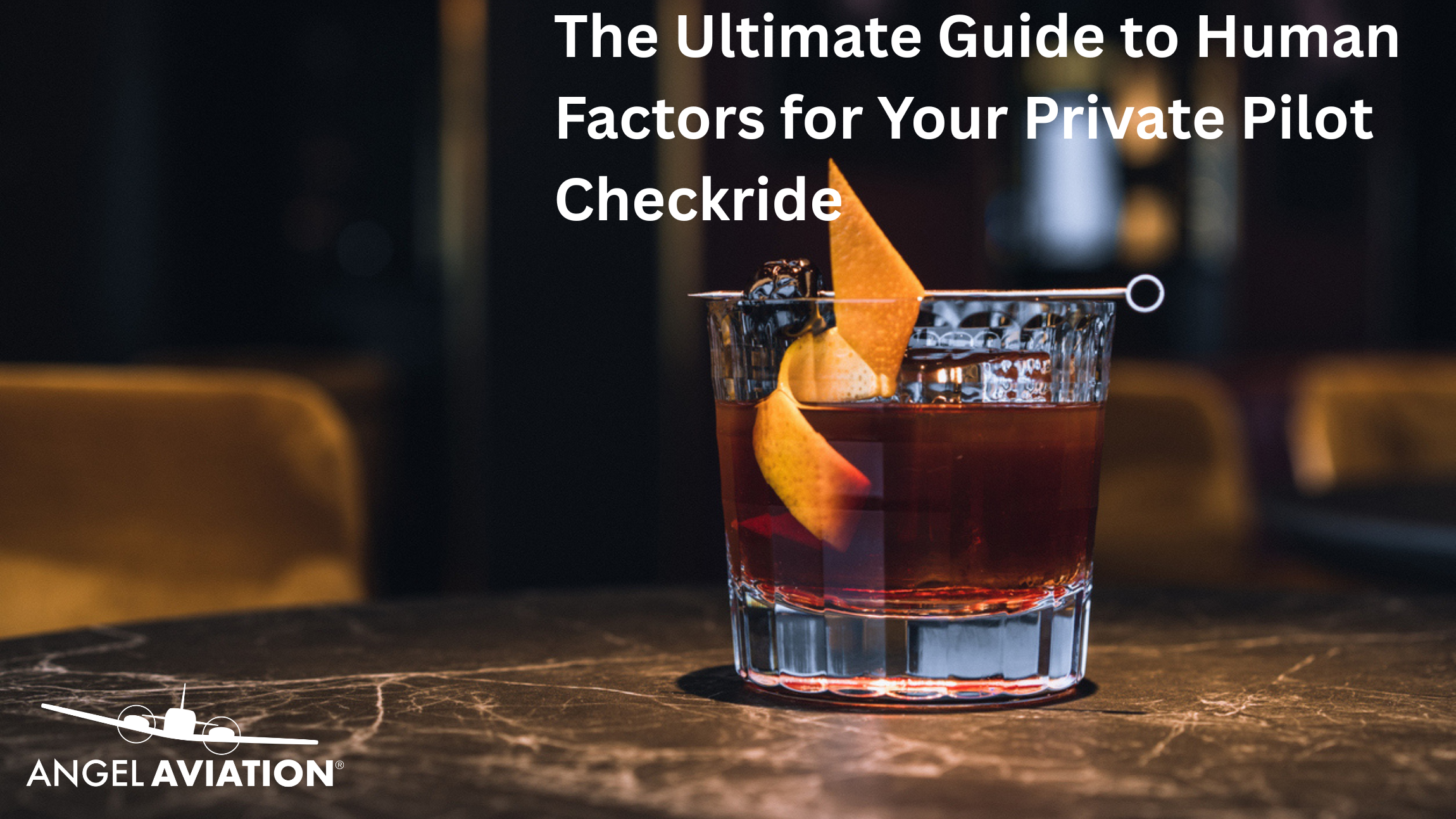
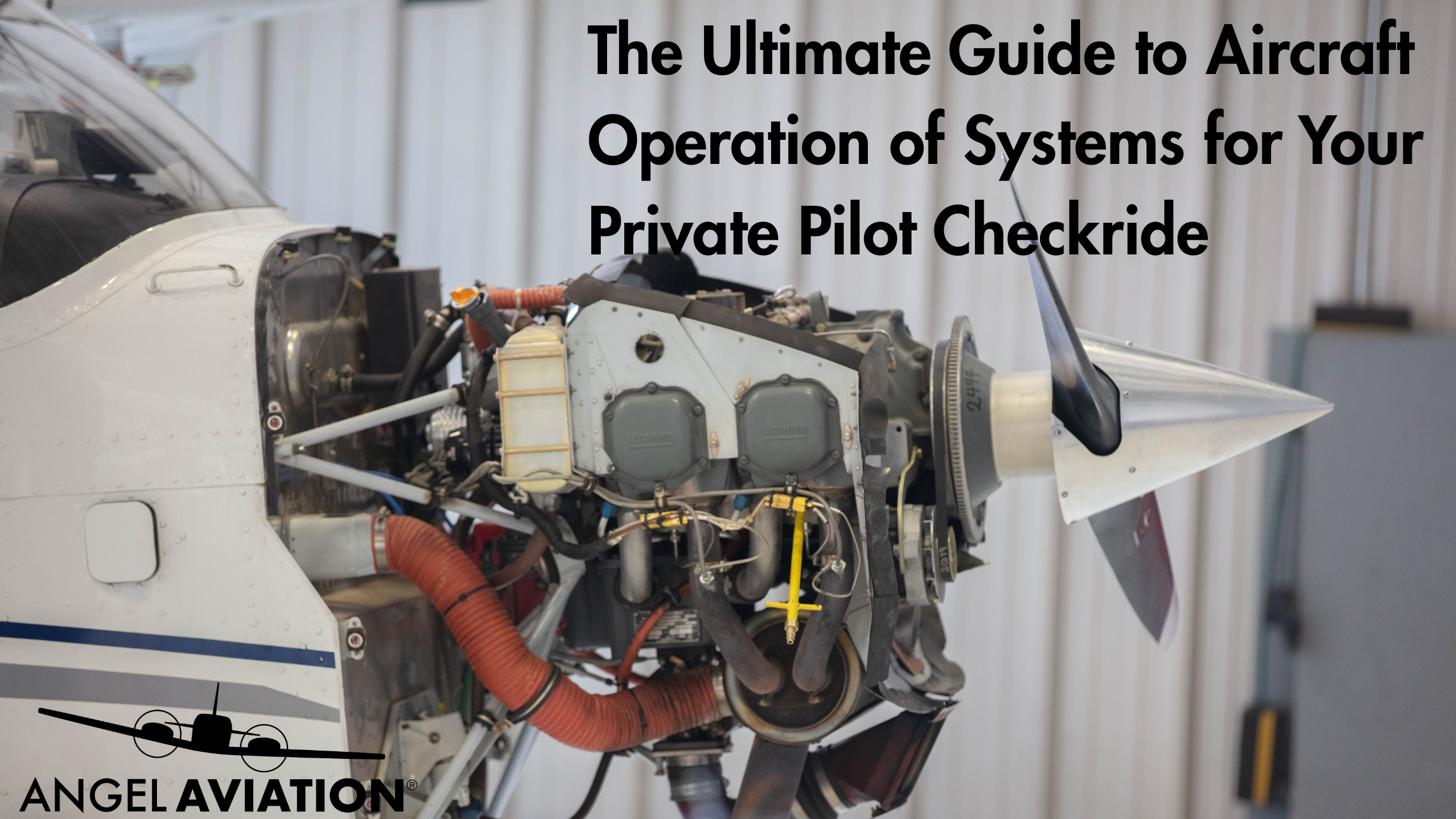
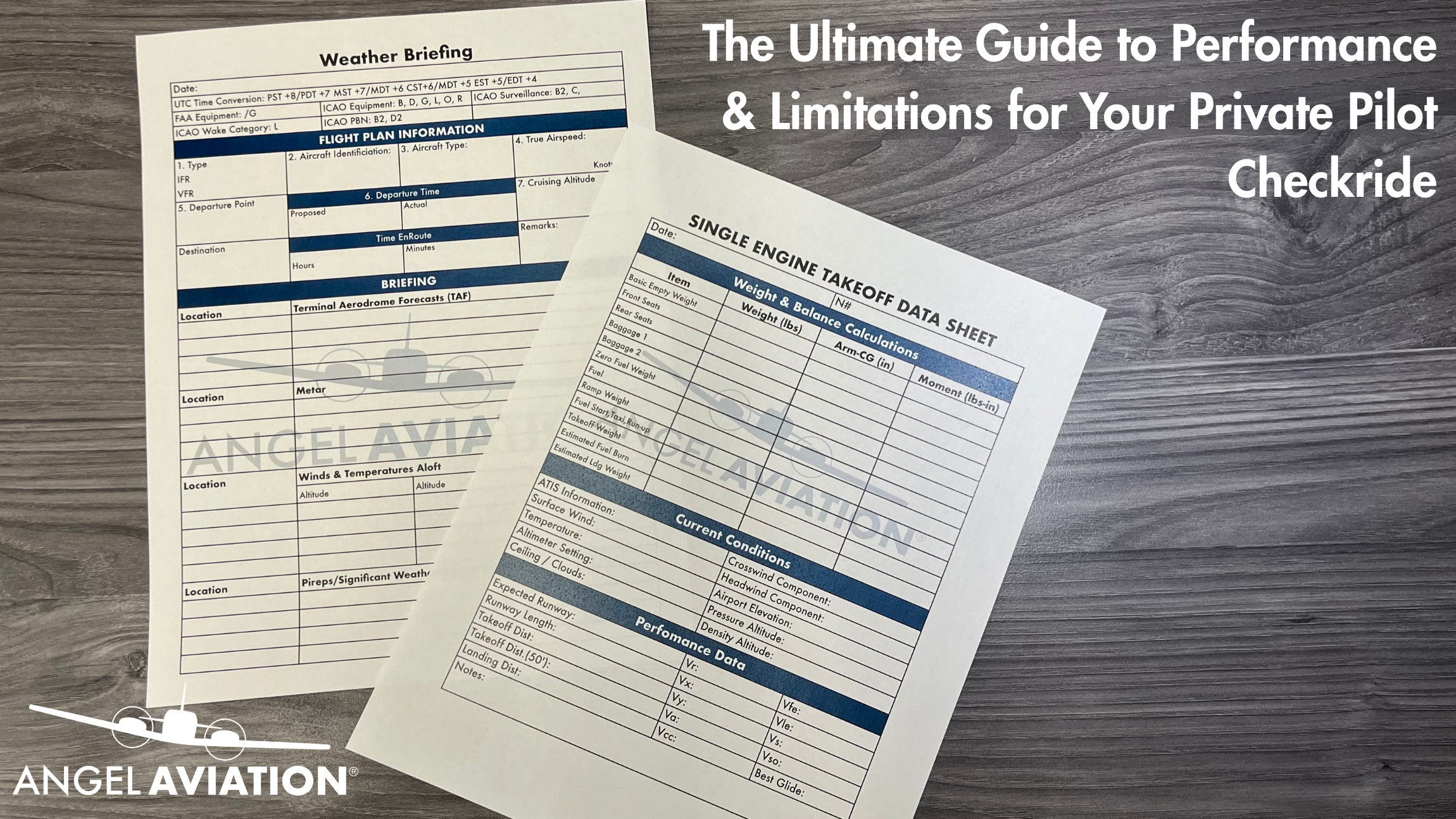
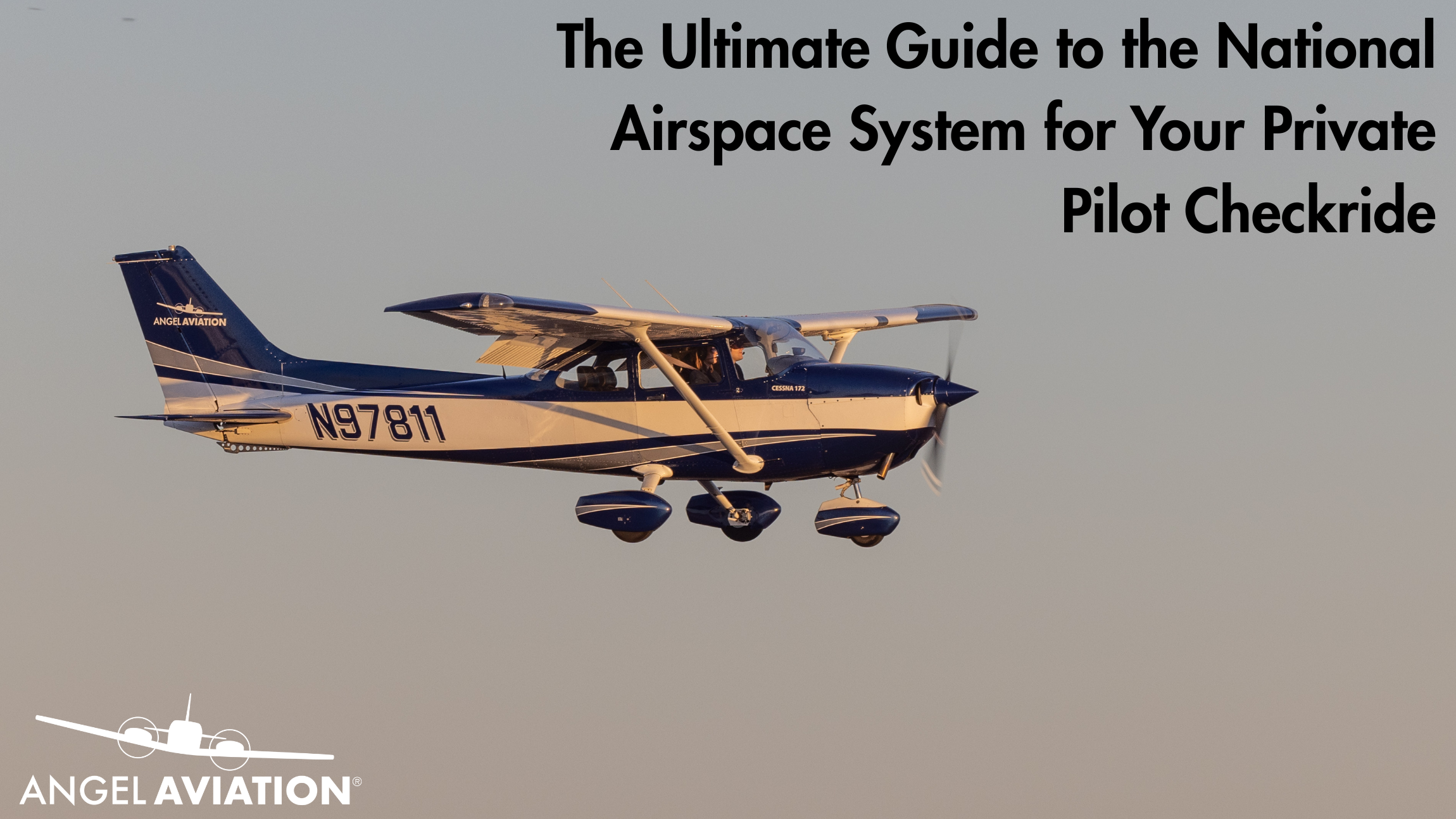
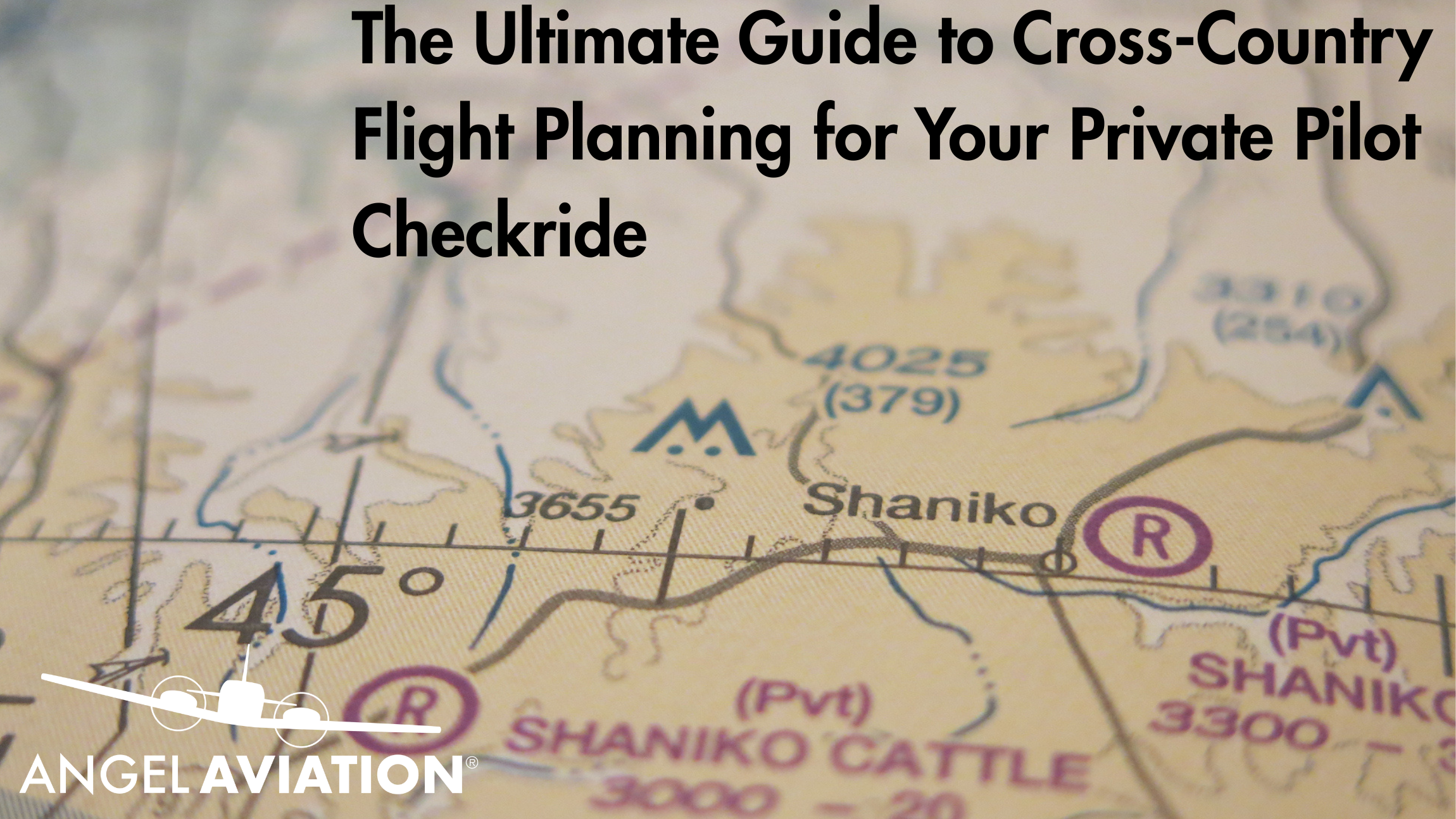
Leave A Comment